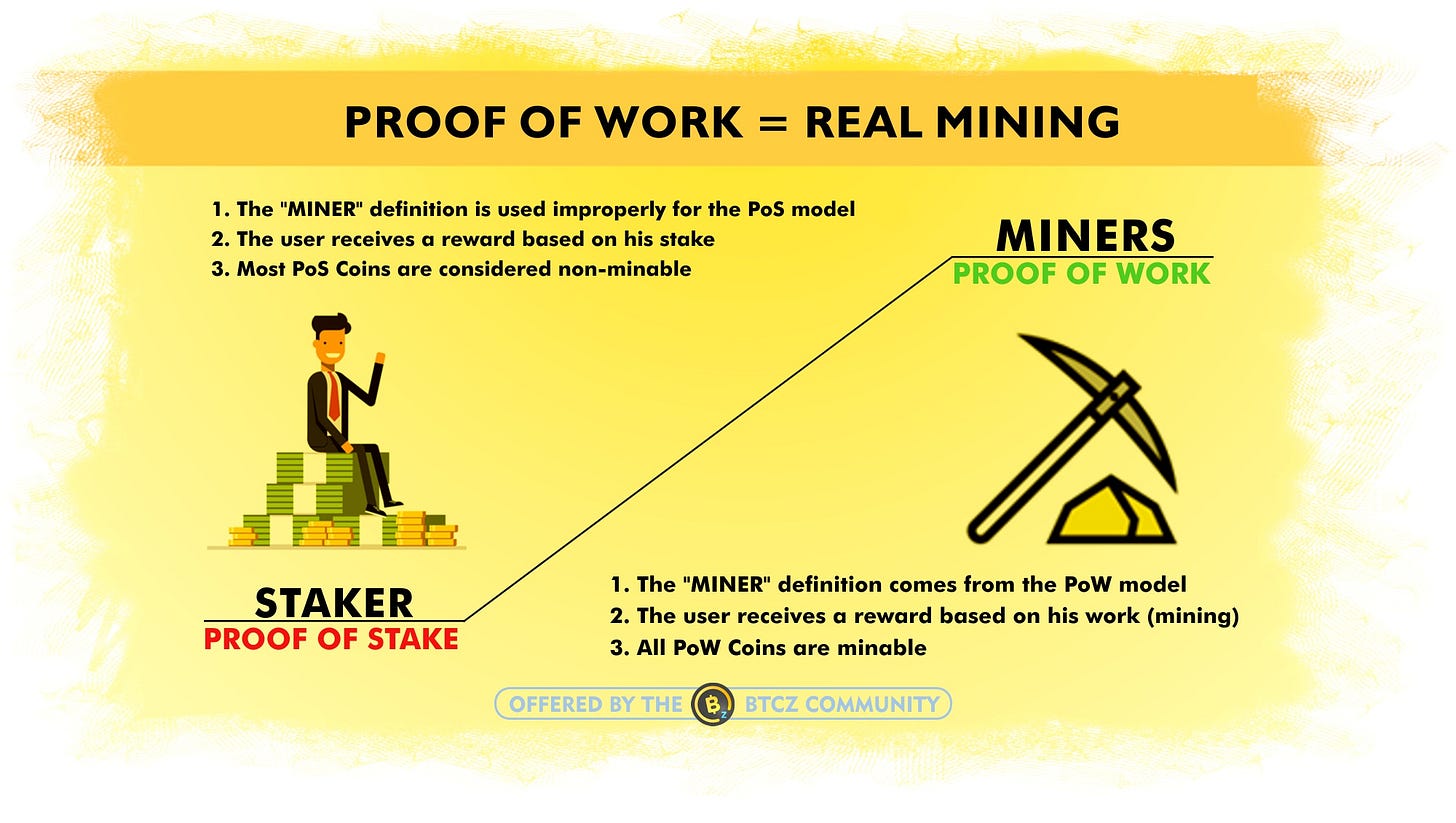Decentralization vs Centralization?
My thoughts on a very fast changing / fluid landscape
TLDR: I am for decentralization, but two major challenges are scalability & user experience. Decentralization is still very expensive to build, requires heavy user onboarding, and concepts are too niche/abstract for general public to understand.
Following the crypto world, following the NFT worlds, following the metaverse AR/VR worlds in 2021 feels like running a fast paced streetwear company where many of the standards are changing on a daily basis.
For me, I have one foot in the world of Web 3.0 (DAOs, NFTs, blockchain governance), and one foot on the world of social Web 2.0 (TikTok/Snapchat/Robolox/Fortnite).
My reasoning is as follows:
TikTok/Snapchat/Roblox/Fortnite have much stronger social design elements that make these platforms sticky, have stronger cultural rituals games, art direction, social gaming features - the feedback loops are much more exciting. User onboarding is easier, and using these platforms don’t require ridiculous understanding of tech terminology that Web 3.0 still requires. In addition, the companies have the operational and creative culture to execute these social design elements at mass scale.
However, decentralization is much stronger at providing more targeted niche digital subcultures and is willing to experiment with future business models that make the Internet more self-sustaining. DAOs, DeFi, quadratic funding, liquidity pools, tokenomics, etc. - the early days of decentralization remind me heavily of a lot of the community banks that popped up for the immigrant diaspora to the United States in the early 20th Century to pool funds for major community services.
But why two feet?
For me, the language of the blockchain world is like having a PhD in computer science.
Using terms like nodes, proof of stake, proof of work, digital scarcity via code - these terms are so abstract that it would turn a large percentage of the mainstream population away from investing time in blockchain.
Gen Alpha, meanwhile, is learning these concepts in Roblox/Fortnite, but using virtual skins and virtual goods as forms of token / social currency.
From an accessibility standpoint, these are far easier and tangible to understand, especially if you’re even thinking about onboarding people into DeFi, blockchain, decentralized metaverses.
And I think these conflicts have what been in my mind these past few days.
In my mind, what I’d love to see over time is a lot of the operational and creative culture of many of these social design elements shift migrate slowly into DeFi.
From a realistic timeline, this might take a few years to actually come to fruition. Which is why for now, decentralization, DeFi, blockchain, social XR will still be for the crazy people.
As this is an evolving landscape, these views can change over time.



